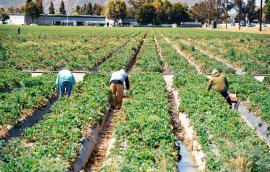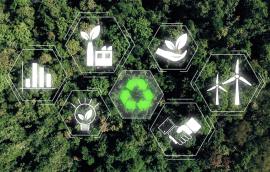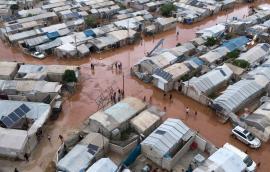Feeding America: How Immigrants Sustain US Agriculture
Farm labor shortages put pressure on the United States’ food security, the livelihoods of farmers and farmworkers, and the economies and identity of rural communities. In a new Center for the U.S and Mexico research paper, Alejandro Gutiérrez-Li, assistant professor at North Carolina State University, examines the crucial role played by Mexican immigrant farmworkers in putting food on American tables.
Alejandro Gutiérrez-Li July 19, 2024









